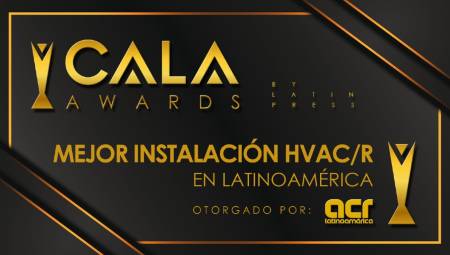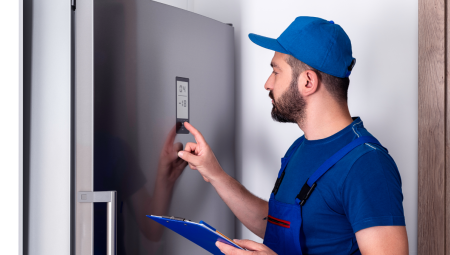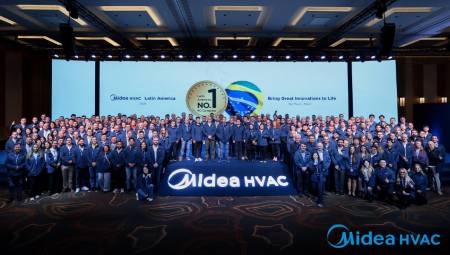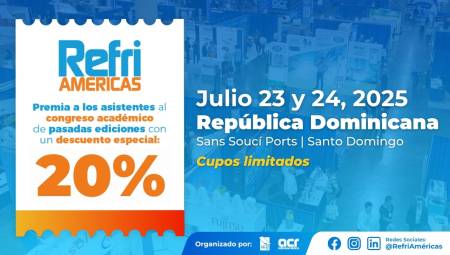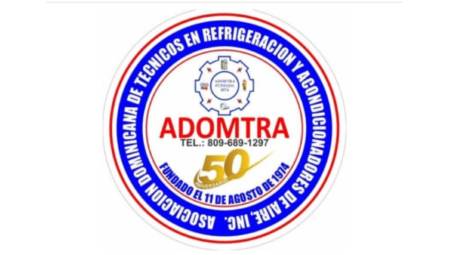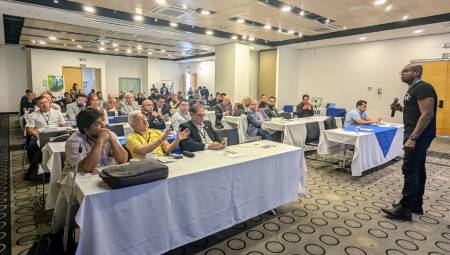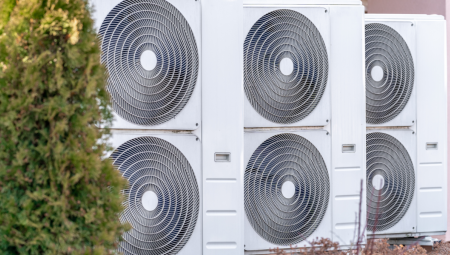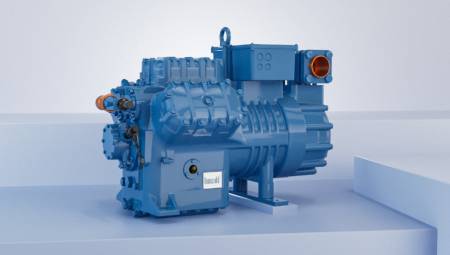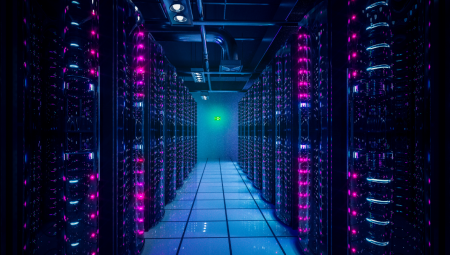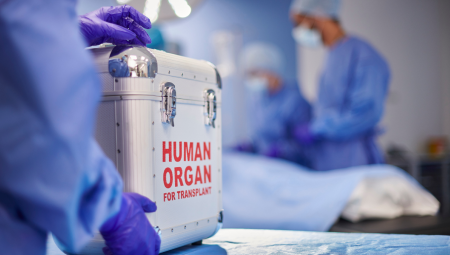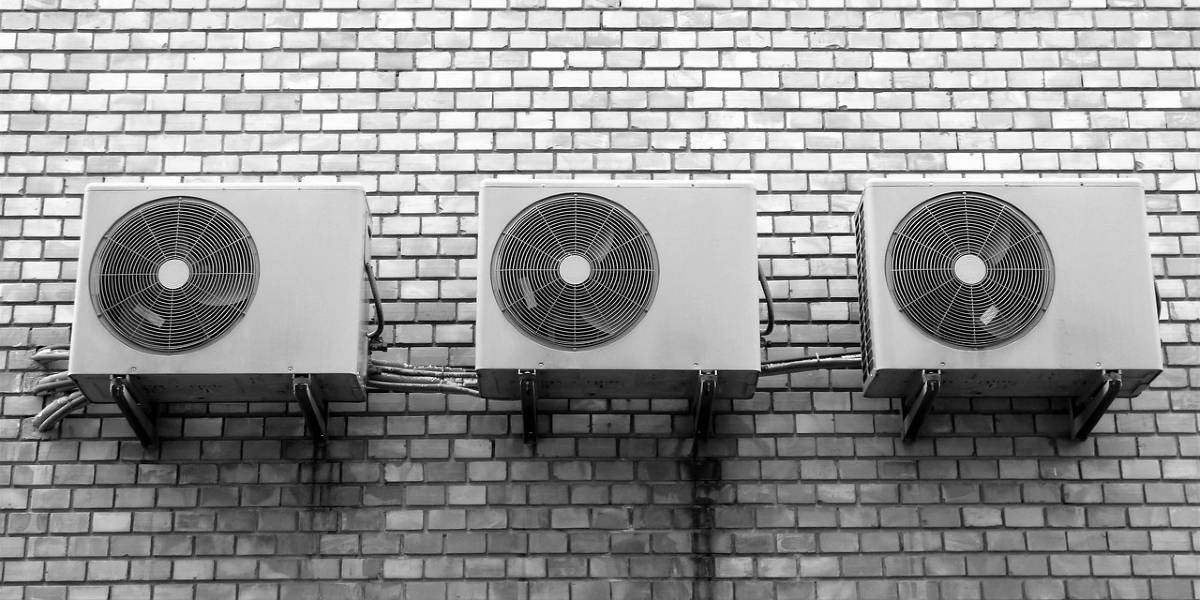 International. Air conditioners release varying amounts of water, depending on the relative humidity of the room they are in. This condensation water is produced when moist ambient air passes through the evaporator of the air conditioner: the surface temperature of this exchanger is lower than the dew point temperature (temperature at which the water vapor present in the air becomes liquid water), the moisture in the air condenses and flows into the condensate tray.
International. Air conditioners release varying amounts of water, depending on the relative humidity of the room they are in. This condensation water is produced when moist ambient air passes through the evaporator of the air conditioner: the surface temperature of this exchanger is lower than the dew point temperature (temperature at which the water vapor present in the air becomes liquid water), the moisture in the air condenses and flows into the condensate tray.
In mobile systems, this condensate can be easily collected. In fixed installations an evacuation system is provided, the quality of condensation water produced by air conditioners can be reused for crop irrigation, for certain industrial processes that require water or for various domestic applications (plant irrigation, water supply for irons, or toilet flush supply). According to recent studies, after disinfection, this water can even be drinkable!
In a report published in August 2019 [1], a team of researchers studied the quality of condensed water to assess the different possibilities of reuse. The study was conducted in two cities in Palestine, where water resources are precious.
Water samples were taken in plastic bottles and sampling sites were chosen at random in two different cities: in shops, restaurants, residential buildings. Two sets of tests were carried out.
In the first, carried out immediately after sample collection, temperature, pH, electrical conductivity, dissolved oxygen and dissolved solids were measured.
In the second, conducted in the laboratory, the researchers measured the turbidity of water, the biological demand for oxygen, the chemical demand for oxygen as well as the levels of different chemical elements (including arsenic, sulfate, copper, selenium and aluminum). ). Heavy metals have also been sought.
The results obtained were compared with the recommendations provided by the Palestinian Standardization Institute (PSI) for drinking water and irrigation water. The results are presented in the following table:
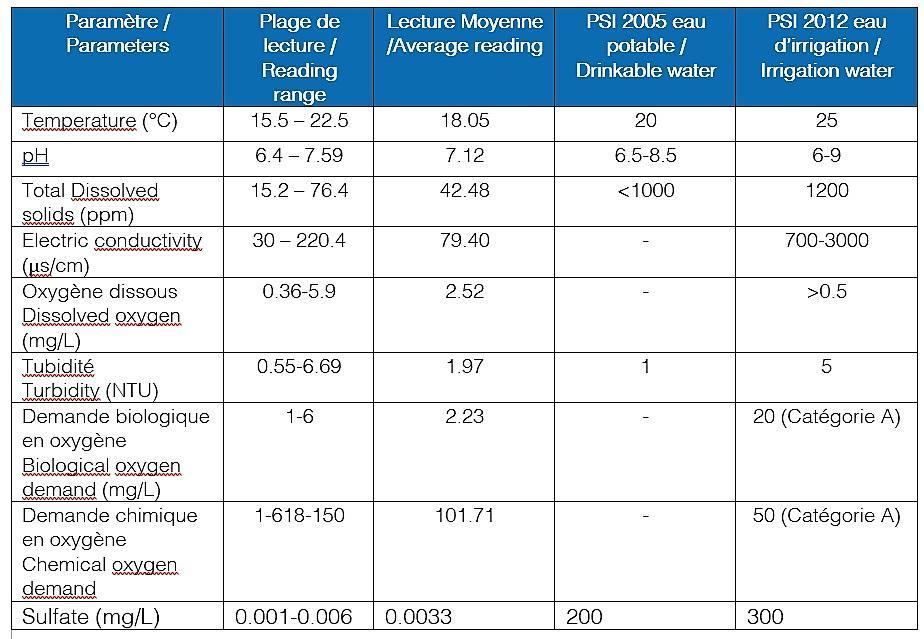
Table 1.
These results show that the quality of condensed water is good enough to reuse as irrigation water. With regard to drinking water, measurements made on turbidity and biological and chemical oxygen demand do not fully correspond to national recommendations.
The researchers also assessed the amount of heavy metals contained in the samples. In some of the samples the following elements were found: Cu, Fe, Al, Cr, Ba, Zn and Mn.
The study concludes that, apart from a sample where manganese contents were too high, the reuse of condensed water for irrigation or even drinking does not present any particular risk.
The large amounts of water collected (between 8.63 and 15.1 L per day per unit of air conditioning), if reused, could help reduce the demand for fresh water in Palestine.
Another study published in Renewable Energy and Environmental Sustainability [2] investigates the possibility of reusing condensed water as drinking water. The study was also conducted in a warm country where natural water resources are scarce: Oman.
Different water disinfection techniques are reviewed: ultraviolet radiation, chlorination, water heating to 63 ° C, ozonation and finally solar disinfection. It is the latest technique that has been explored in the article.
According to the researchers, the sun's rays can contribute to the destruction of germs, viruses and other bacteria due to the presence of infrared and ultraviolet rays, following a filtration process to remove suspended materials.
For the experiment, condensation water was collected from Pyrex bottles previously sterilized in autoclave. Samples were collected in three cities on different dates.

Table 2.
Different samples were taken in the three cities. During the analysis, the duration of exposure to sunlight and temperature were considered.
The results show that the properties of the collected water are close to those of distilled water and that all Coliform and E-Coli bacteria are destroyed after 2 hours of irradiation at 43 ° C.
Therefore, the solar disinfection method could be used to make condensed water suitable for drinking in places where no other disinfection methods are available. This technique has the advantage of being particularly economical.
Source: IIR.



